NERVE ZINE, ISSUE FIVE
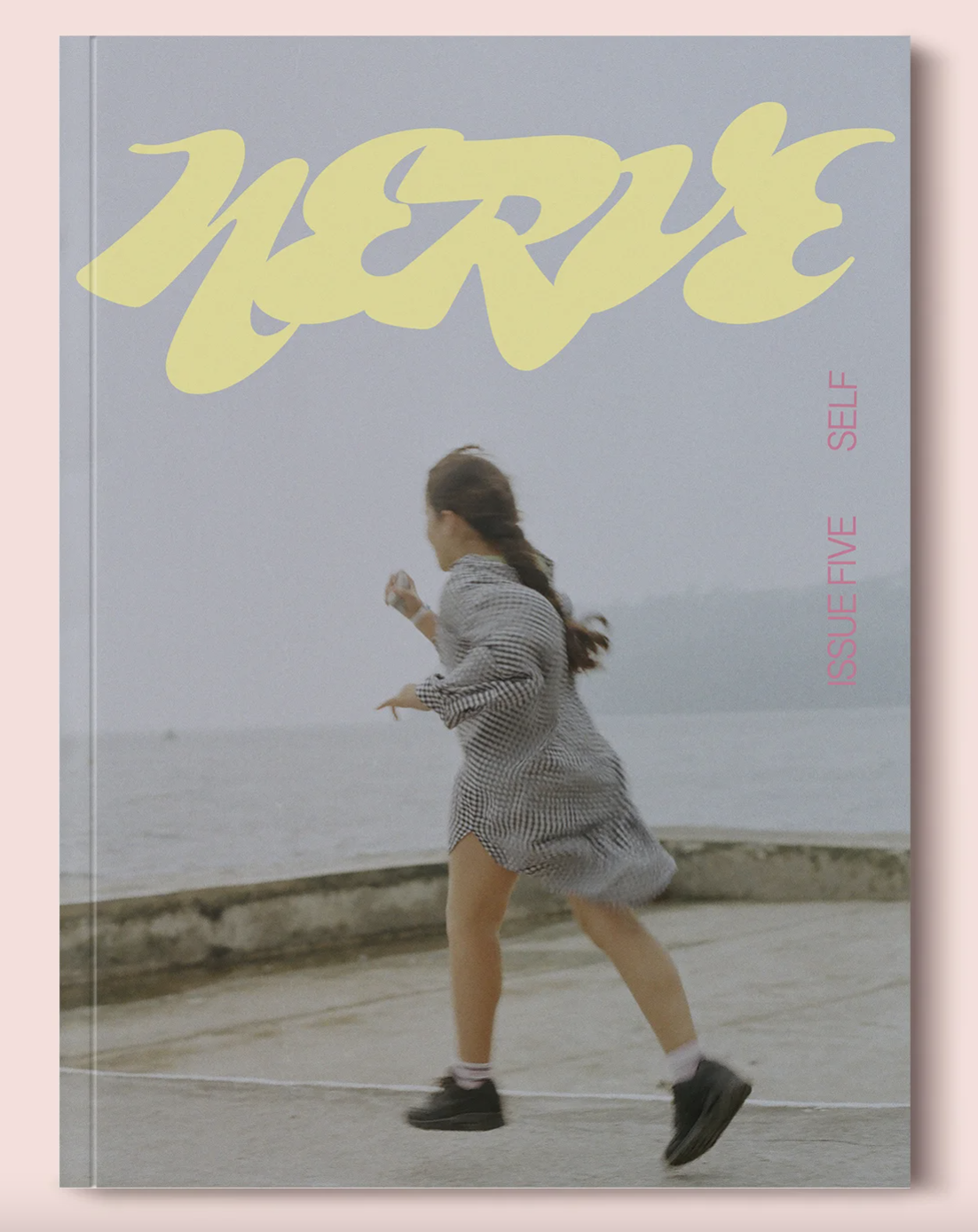
Title: Notes on writing and rage
“If you only knew what kind of trash
Poems shamelessly grow in.”
- Anna Akhmatova
Translated by Ann Clark and Zhenya Zafrin
How do I start my story? As soon as I ask myself this question, all the clichés and banalities about writing begin crushing my head, and then every word, every comma, feels and sounds horribly, unbearably wrong. I need to tell my story very clearly. Even raw. I do not want to romanticize it. At least, I should not. Otherwise, how could it possibly serve its purpose? But why is it important for me to even tell it in the first place? By the way, isn't this already romanticizing – talking about purpose and stuff? Here I go – already meeting the first temptation.
Humans think in categories, shapes, metaphors, symbols. Our very perception is shaped by how we speak, which words we use, how we present things and events linguistically. Also, the other way around - our culture, reality, and ideology shape the language through which we understand the world. But when it comes to writing, especially memoir writing, no one ever mentions that before you even try to articulate your feelings (or present them in a concrete way), first, you must at least try to understand them - understand why you want to tell your story, trace the patterns in your mind, figure out where you would want to be dishonest and where your cognitive bias seem strongest. Of course, it's unrealistic, impossible, and even unnecessary to fully grasp these things, but trying to, makes a huge difference.
So many of us dream of writing a novel, memoir, poem, or short story. Of course, we want to feel that our experiences, our thoughts, our lives are important – that they are worth sharing. But few people end up actually writing – they feel unsure or incompetent, wait for better times, wait until they get wiser or smarter, wait for the muse, but in reality, all it takes is realizing exactly what you want to say and why.
It’s important to keep in mind that other authors’ pre-writing processes are also unsure,
messy, full of doubt and rage, and maybe even arrogance or narcissism. And yes, it is normal. Your texts or even a wish to be a writer is still valid. When we see a successful writer’s well-polished published book on the shiny shop shelves, we romanticize both the writer and the text and we tend to assume that they had an exciting life with unique experiences or that had a noble motivation, or a beautiful muse.
If someone asked me why I have an urge to write a memoir, what inspires and motivates me, it would make me feel good to reply something like - "I’d be happy if this piece of writing could help even just one person"... people often say similar cheesy things. But firstly, it's simply not true (what could be more narcissistic than writing about yourself and then wanting as many people as possible to read it?). Second, no one's motivation could be that selfless and primitive. And thirdly, that’s completely fine - we do not need kind, bright, and cheery intentions, inspirations, stories, and motivations to validate our creative impulses, work, and existence in general.
When we think about the process of making any art, or when we hear the word “muse", I think most of us have positive associations and almost idealistic, romanticized expectations: nothing truly beautiful or worthwhile can be born out of rage, hate, fury, or any other dark, destructive, negative emotions. But is it really so?! Rage, for instance, is not an emotion in itself. Fundamentally, it could be hurt, loneliness, sadness, or even fear. So writing out of rage could be equal to writing out of loneliness. Out of the need of being understood. Which, for me, is a good enough motivation.
For the sake of being fully honest and trying not to romanticize the writing process, it might even be that if our parents, our boyfriends or girlfriends, our dear friends, our colleagues, really listened to us, maybe we would not want to write anything at all. Maybe it's merely us wishing to be heard – heard by the people we love or admire, who never truly listened or showed real, honest empathy and interest in us. Or if they did, on some level, we could still sense judgment, disbelief, or disrespect, which felt incredibly unjust and made us so unspeakably mad and hurt. Maybe this is why anyone wants to write, direct, paint, make art?!
Maybe we are writing for the people who are already in our lives, every day, but who, still, just won't listen?! Maybe we feel like, if some publisher out there (the bigger the name, the better) considers our writing valuable and gives us money (the more, the better) if magazines interview us and the interest in our persona grows, then maybe, just maybe, our loved ones too would take the time to read, to listen and, most importantly, to truly see us, to understand us?! It is nice to be understood, isn't it? But some people crave understanding even more desperately than others - it becomes crucial for them. Sometimes, understanding means much more than love. And, unfortunately, so often, love comes without understanding. This is true for me, at least.
We can have, at one glance, gruesome, non-polished, messy, noninspiring, even “pathetic,” narcissistic, egoistic backstories of what makes us sing, paint, write, or be creative in any sense. And yes, we may not want to save the planet earth or help people with our writing. But as long as our rage or hurt moves us towards the direction we chose, as long as it keeps our spark alive and keeps us going, it is, in reality, a valid reason.
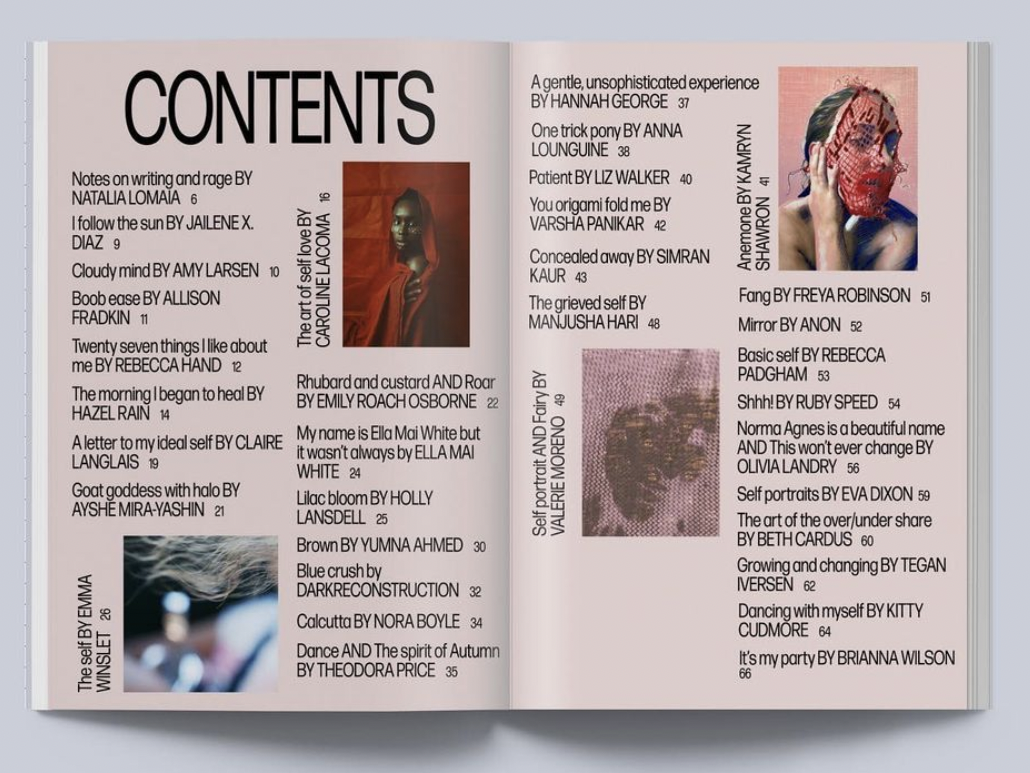
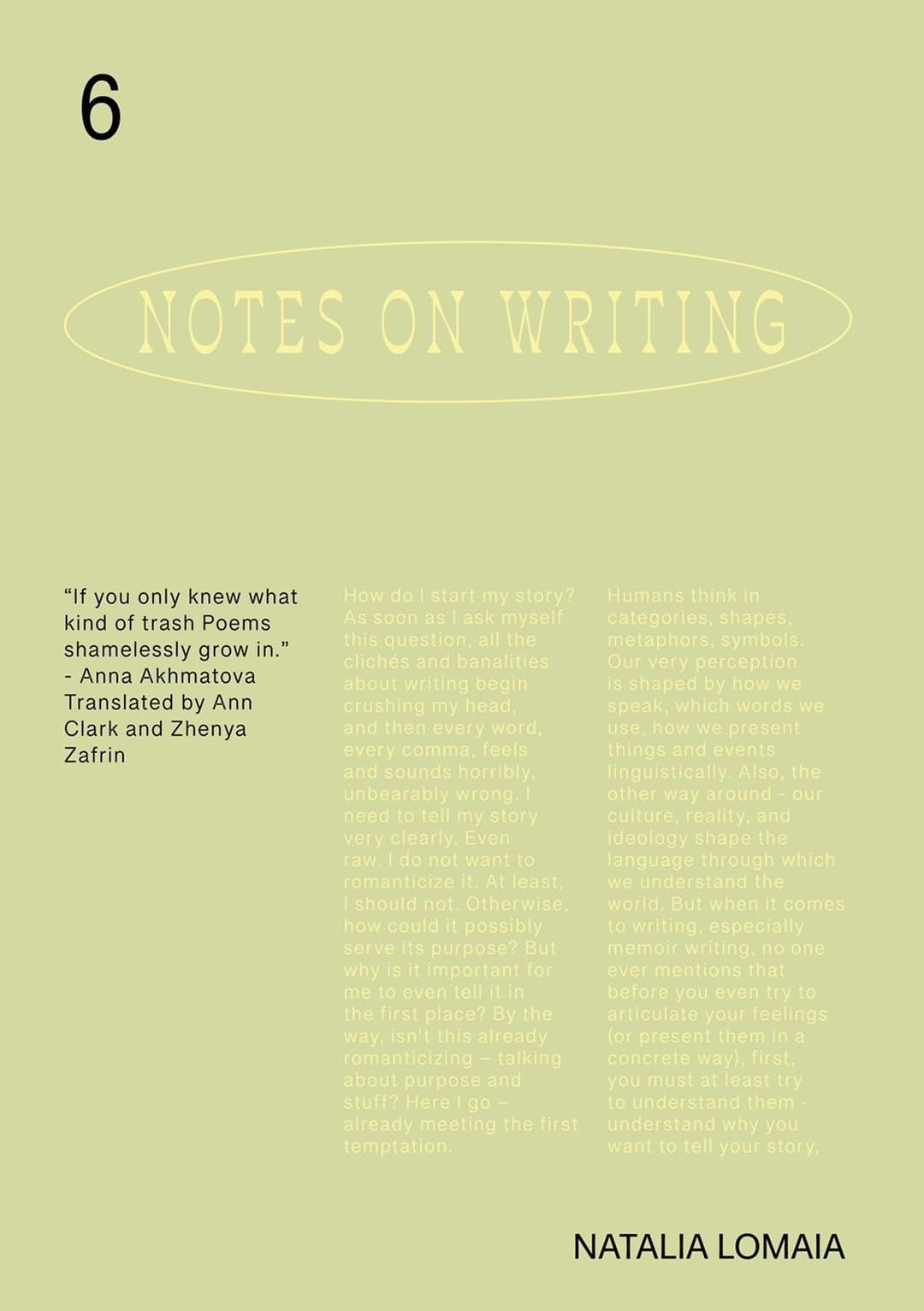
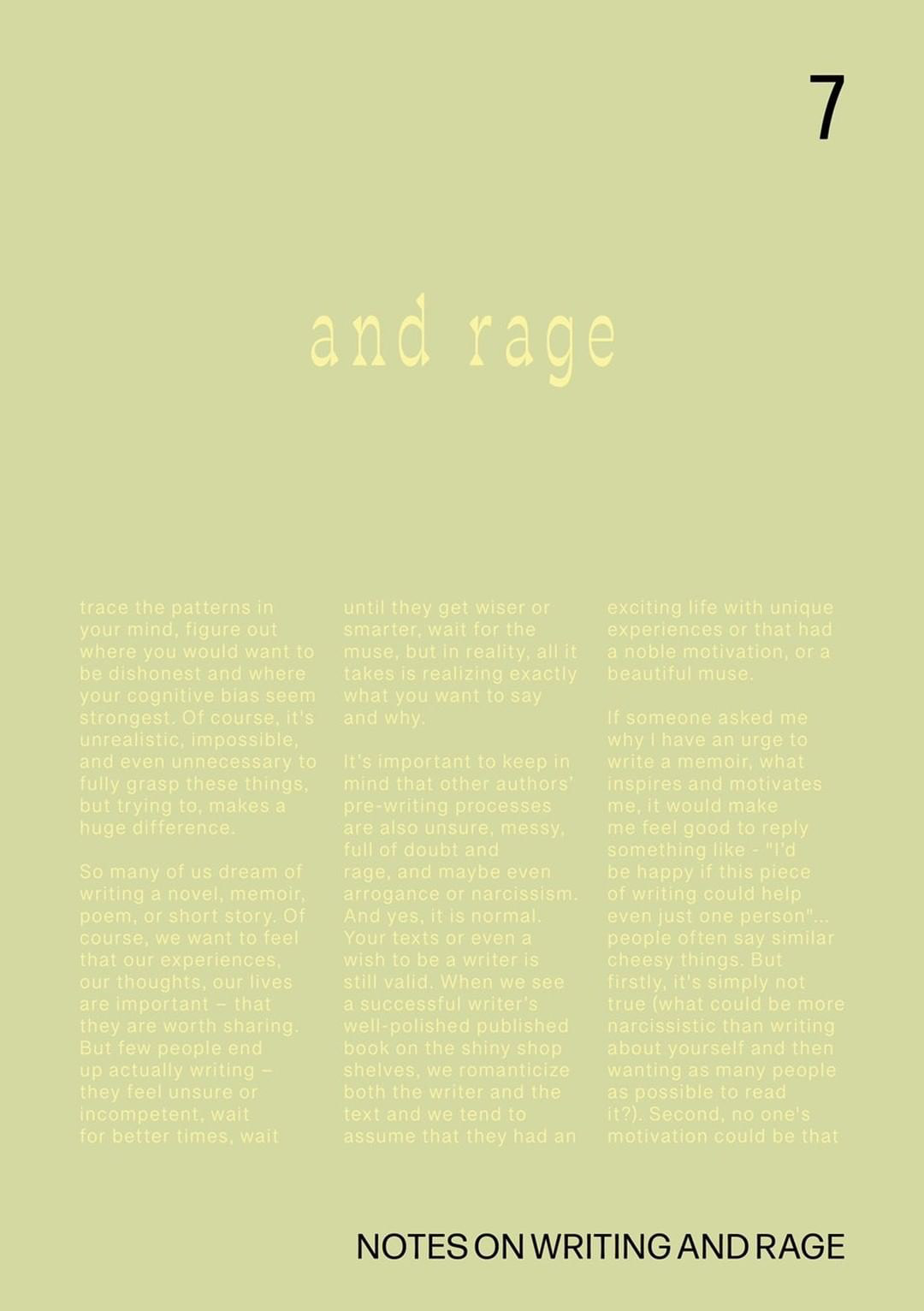
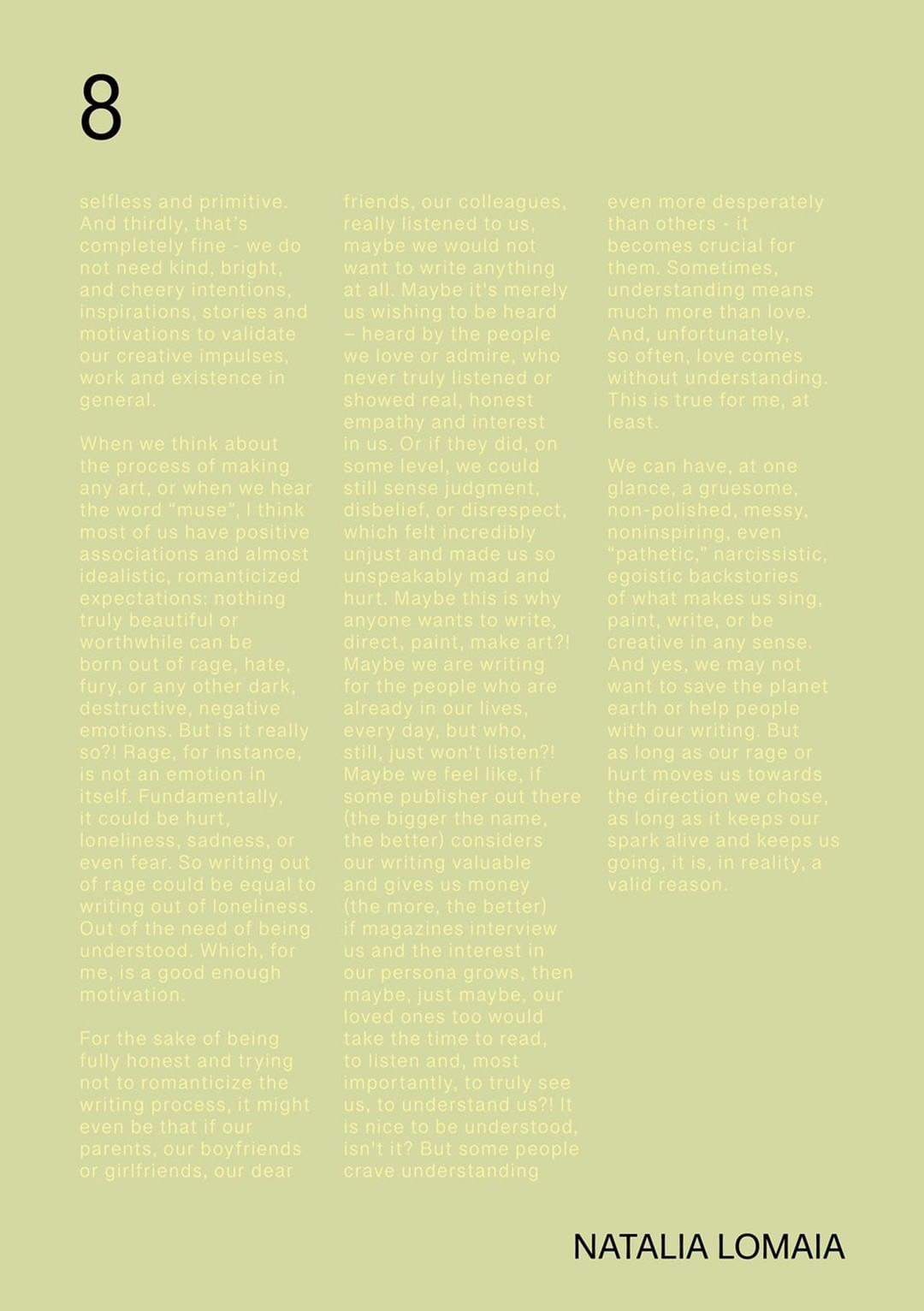
Post a comment